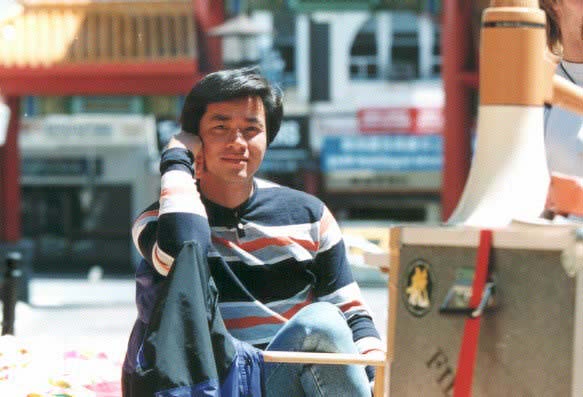
|
|
Stanley Tong was born in Hong Kong in 1962. As a child, he studied several martial arts, including Hung Boxing. During his teenage years, Tong excelled in several sports such as soccer and basketball. After graduating from high school, he moved to Canada, where he taught martial arts. In 1979, he returned to Hong Kong, where (through his brother-in-law) he got a job at the Shaw Bros. Studio as a stuntman. Tong idolized stars such as Jackie Chan and Sammo Hung who got their start as stuntmen and was anxious to follow in their footsteps. He was often called upon to double for some of Hong Kong's top stars, from Chow Yun-Fat to Ti Lung, even female stars such as Maggie Cheung.
By 1983, the various injuries that any stuntman receives began to take their toll and Tong switched gears, becoming an assistant director. His knowledge of stuntwork and dedication to filmaking eventually led him to becoming a stunt co-ordinator, which in the HK film world is a job almost as important as the director themselves. By 1987, Tong had moved on to co-directing films, with Angel 2, and in 1989 he formed his own production company, Golden Gate. It was on the strength of one of his Golden Gate films, Stone Age Warriors (which was one of the first films to be made with the co-operation of the native headhunters in New Guinea) that he was asked by Jackie Chan to direct the film he is probably best known for in the west, Police Story 3: Supercop.
Supercop was a huge success and Tong went on to direct a Michelle Yeoh spin-off, Supercop 2 (aka Once a Cop) and the sequel, Police Story 4: First Strike (aka Jackie Chan's First Strike), which he also wrote. Tong also directed Jackie Chan's crossover hit Rumble in the Bronx. Like other HK film personalities, Tong has attempted to break into the US film market. Tong's Mr. Magoo (based on the cartoon character) was a universal flop, but Tong has remained active in the HK film industry. As he is one of the few directors Jackie Chan likes, we'll probably be seeing more of Stanley Tong in the years to come.